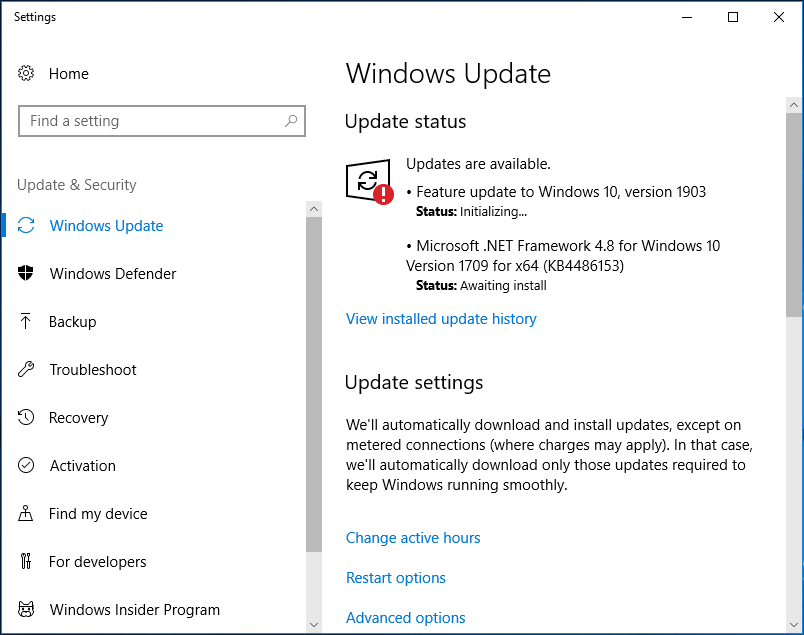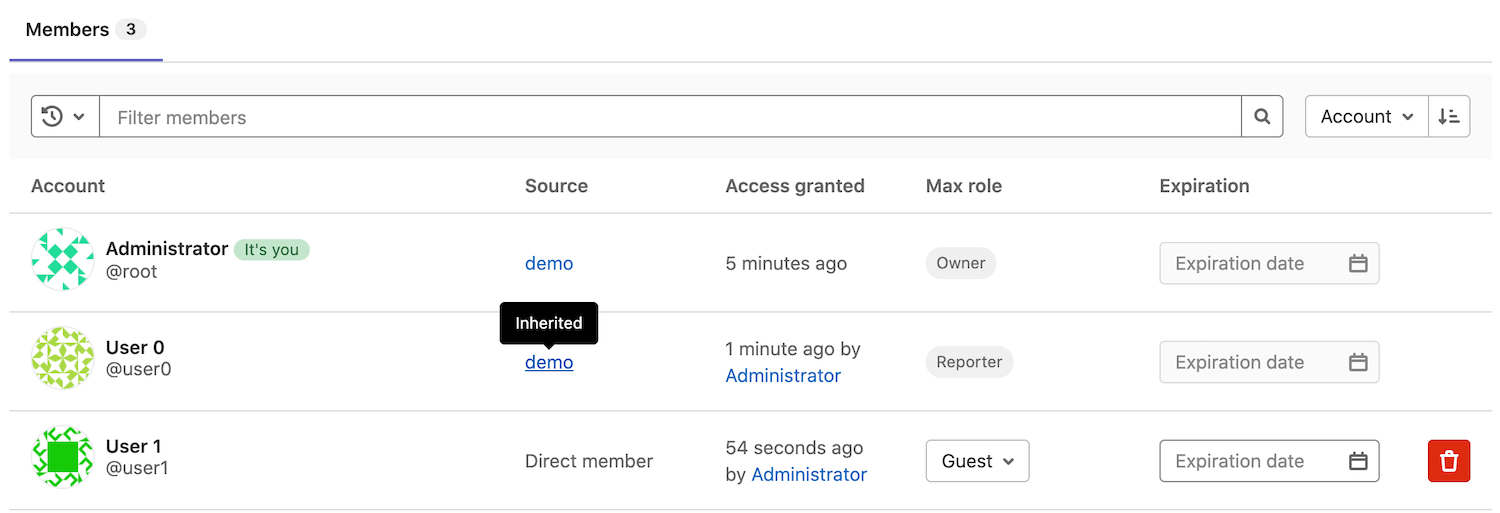
These events can be safely ignored because they don't adversely affect functionality and are by design. The reason why it doesn't skip the first attempt is because there are scenarios where it can succeed. If the first attempt is unsuccessful, it tries again with another set of parameters.
Direct access event id 1000 code#
In this case, this behavior is expected and by design.Ī coding pattern has been implemented where the code first tries to access the DCOM components with one set of parameters. These 10016 events are recorded when Microsoft components try to access DCOM components without the required permissions. This security permission can be modified using the Component Services administrative tool. To the user NT AUTHORITY\LOCAL SERVICE SID (S-1-5-19) from address LocalHost (using LRPC) running in the application container Unavailable SID (Unavailable). This security permission can be modified using the Component Services administrative tool.ĭescription: The machine-default permission settings do not grant Local Activation permission for the COM Server application with CLSID

To the user machine\user SID (S-1-5-21-xxxxxxxxx-xxxxxxxxxx-xxxxxxxxxx-xxxx) from address LocalHost (using LRPC) running in the application container _3.726_neutral_neutral_cw5n1h2txyewy SID (S-1-15-2-xxxxxxxxx-xxxxxxxxxx-xxxxxxxxx-xxxxxxxxxx-xxxxxxxxxx-xxxxxxxxxx-xxxxxxxxxx). This security permission can be modified using the Component Services administrative tool.d

To the user NT AUTHORITY\SYSTEM SID (S-1-5-18) from address LocalHost (using LRPC) running in the application container Unavailable SID (Unavailable). Source: Microsoft-Windows-DistributedCOMĭescription: The application-specific permission settings do not grant Local Activation permission for the COM Server application with CLSID

On a computer that's running Windows 10, Windows Server 2019, or Windows Server 2016, the following event is logged in the system event logs.
Direct access event id 1000 windows 10#
This article provides a workaround to solve the event 10016 that's logged in Windows when accessing DCOM components.Īpplies to: Windows 10 - all editions, Windows Server 2019, Windows Server 2016 Original KB number: 4022522 Symptoms


 0 kommentar(er)
0 kommentar(er)
